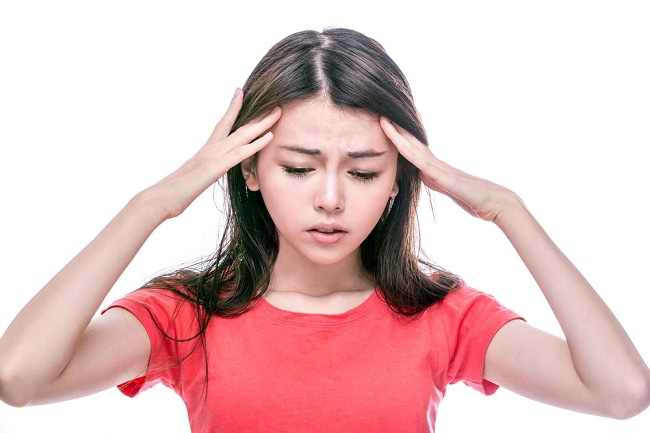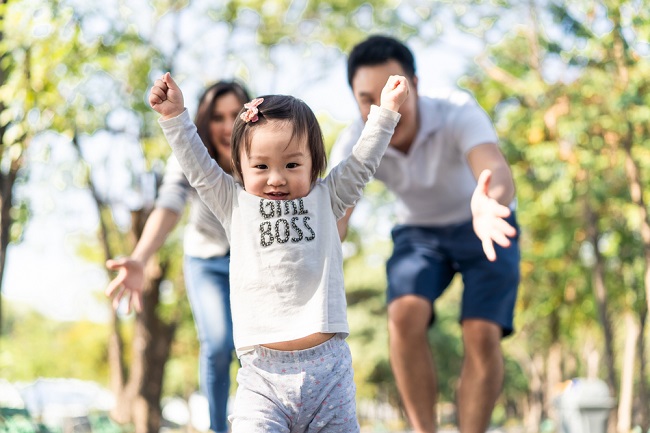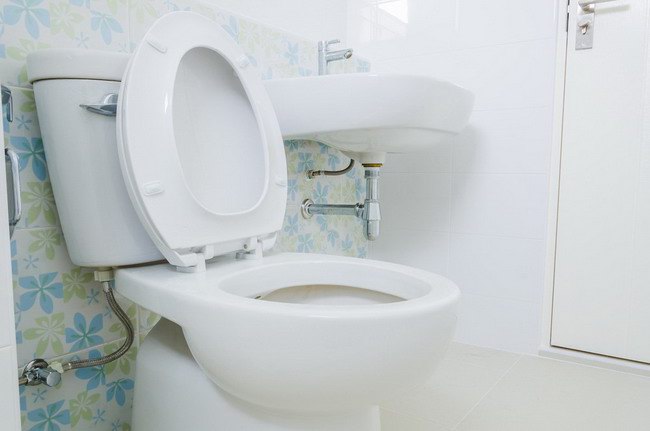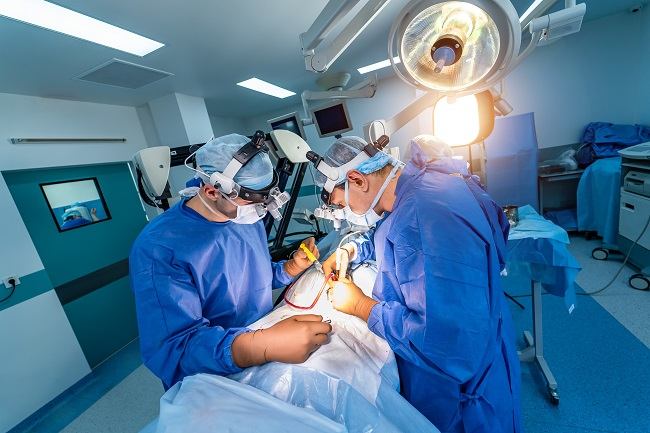Pneumonia is inflammation of the air sacs (alveoli) in the lungs due to a bacterial, viral, or fungal infection. One of the bacteria that can cause pneumonia is Streptococcus pneumoniae.
Pneumonia can cause symptoms, such as high fever, chest pain, coughing up phlegm, shortness of breath, fast breathing, fast heart rate, and weakness. The bacteria and viruses that cause pneumonia are easily spread through droplet or splashes of saliva when an infected person coughs or sneezes. So, in this time of adapting to new habits, you need to know how to effectively prevent pneumonia.

Dangers of Pneumonia in Old Age
During a period of adapting to new habits due to the Covid-19 pandemic, pneumonia due to corona virus infection or due to other germs can happen to anyone.
The risk of developing pneumonia is also higher in the 65-year-old (elderly) age group or in people who have the following conditions:
- Having a weak immune system, for example due to suffering from HIV/AIDS, receiving organ donors, undergoing chemotherapy, taking immunosuppressant drugs, and having special health conditions, such as a malfunctioning or non-functioning spleen (asplenia).
- Have a chronic disease, such as heart disease, chronic obstructive pulmonary disease (COPD), kidney disease, or asthma.
- Has a smoking habit, is addicted to alcohol, or has aspiration (the entry of foreign objects into the airways or lungs).
Protecting Yourself from Pneumonia during New Habit Adaptation
It should be noted that the transmission of germs that cause pneumonia can occur from one person to another through coughing and sneezing so that the air containing these germs is inhaled by other people, it can also be through close contact with a distance of less than 2 meters.
In addition to avoiding contact with patients as much as possible, one of the methods that can be done to protect oneself from pneumonia during the adaptation period to new habits is by immunizing.
Currently, PCV immunization is available (Pneumococcal conjugate vaccine) which can be used to prevent diseases caused by bacterial infections Streptococcus pneumoniae. As previously explained, Streptococcus pneumoniae is a type of bacteria that can cause pneumonia.
This immunization is important if you are in a group of people who are at risk of developing pneumonia. You need to consult a doctor to determine the immunization schedule.
One of the jargons that can make it easier for you to protect yourself from pneumonia is "Healthy Sense to Prevent Pneumonia", namely: Beware of the dangers of pneumonia; Recognize the causes and symptoms; Come on PCV immunization to prevent; Do it in consultation with a doctor.
Supported by Pfizer









